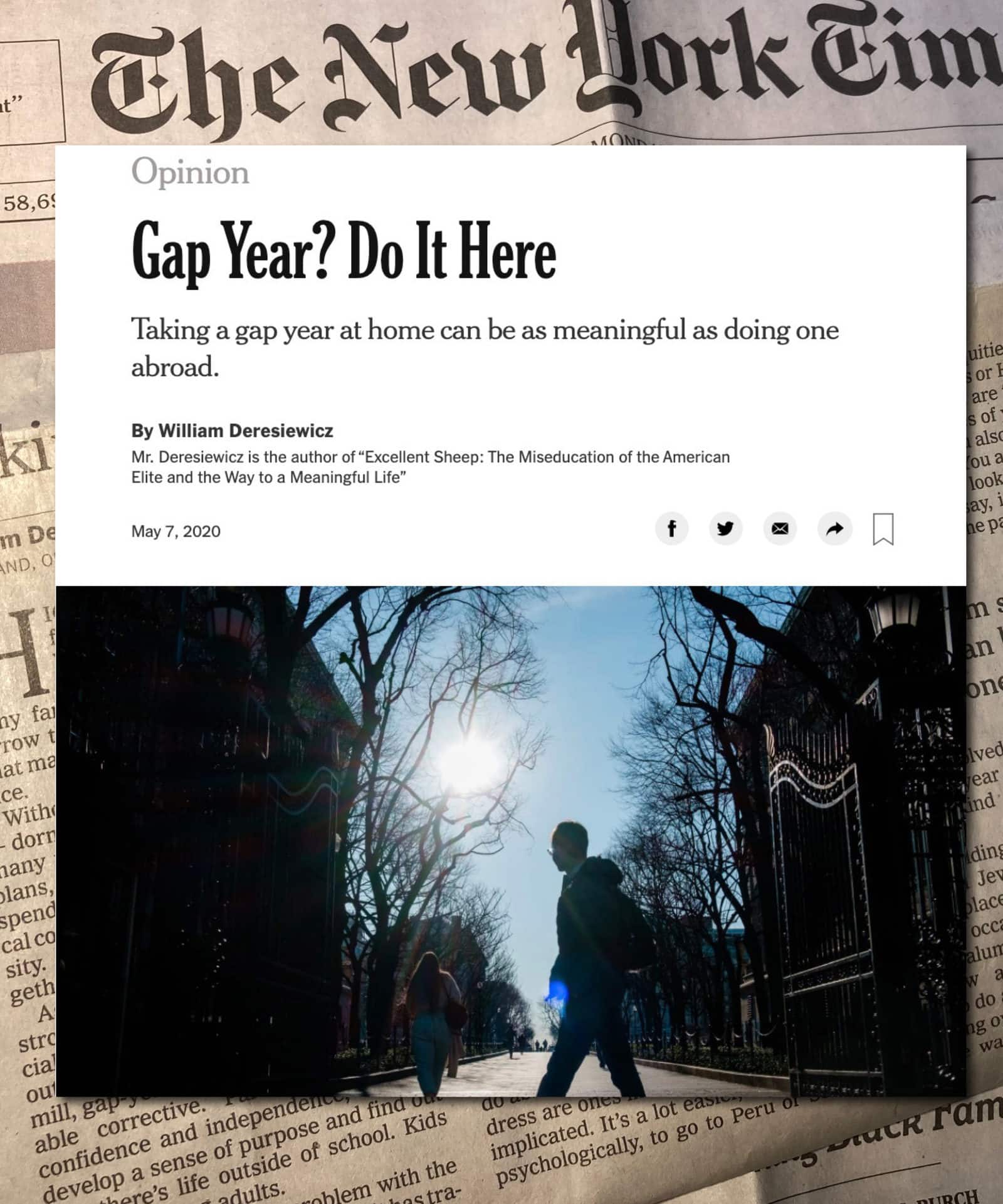דבר תורה של סוכות
by Judah Drelich
A long time ago there was a rainy town (much like Portland) that had a Jewish community. As the calendar turned to fall it came time to build a סוכה (sukkah) for the holiday of סוכות (sukkot). When יום כיפור ended, the community gathered all of the wood, nails, fabric, and decorations and assembled it all in a big field and put in the first nail. The next day a large group of the community came to assemble the סוכה. To their dismay they were met by the town cynic. The cynic scolded the townspeople saying, ”It is pointless to build a סוכה here because the rain will destroy any chance that there is to eat in the סוכה.” The townspeople though, disregarded him went about building the סוכה.
The next night was the first night of סוכות. The rains came down with a vengeance and scared many members of the community. Unfortunately, the townspeople still had to go into the סוכה for קידוש (kiddush) when something amazing happened. The rain stopped in mid-air suspended inches above the סוכה. The cynic could not fathom what was going on but to save face he told everyone that there must be a special phenomenon around at that exact spot that he could not figure out. Sadly, later that night when everyone gone home, a hard wind came and blew away the סוכה to the point that it was a pile of wood and fabric.
When the townspeople woke up the next day they went to go and do services in the סוכה but found that it was knocked over. The cynic was almost happy and thought that whatever trick the community had pulled off was surely gone with the wind. The residents still wanted to find a סוכה to use. They searched all over for a remaining סוכה big enough to hold everyone and found it. Later that day at everyone came back for dinner. As soon as everyone was seated and about to eat, a massive bolt of lightning shot across the entire sky followed by an enormous crack of thunder. Within half a minute the rain was coming down in sheets and soaked the entire ground. The סוכה though was, for the second time, completely dry. The rain was somehow suspended a couple of inches above the סכך and everyone ate their meal. With this, the cynic was completely dumbfounded and did not know what to think.
The commandment (מצוה) of סוכות comes from the verse:
בַּסֻּכֹּת תֵּשְׁבוּ שִׁבְעַת יָמִים כָּל הָאֶזְרָח בְּיִשְׂרָאֵל יֵשְׁבוּ בַּסֻּכֹּת (ויקרא כג:מב)
This is interesting because יֵשְׁבוּ comes from the שורש or root .ש.ב which means to sit or dwell. This distinction is made by the rabbis when they establish that one way that someone can be פטור (exempt) from the מצוה of being in the סוכה is to just say that they are uncomfortable with being in the סוכה. Since people don’t choose to dwell or live in the less comfortable place, it wouldn’t be logical to force people out of the comfort of their own homes and into the סוכה.
There is a common thread that links the story of the rainy and the מצוה rabbinic interpretation together. It’s the answer to the question-why do people show up to the סוכה in not pleasant conditions?
To answer this we half to expand our field of vision and realize that there is another component to the סוכה. In the סוכה we all feel that we all have to talk to each other because we are doing and all of the distractions in our lives are gone. Moreover, given how temporary the סוכה is, we feel a sense of urgency to do the things that matter in the world, such as have long and interesting conversations and build the relationships with people close to us. By doing this we create a strong community that can shield out and protect us from a lot of the natural obstacles that we encounter along the way. By having a teamwork and people to rely on we can have the strength to persevere through almost anything.
The story that I told earlier may not be factually true but I think that any story that sticks around for a long time has as much truth as one that is meant to be purely factual. The truth of this story is that the community built a powerful barrier that could stand up to a major storm. By having both the physical and the metaphysical they had created a home.
One of the things that we had to do being partnered with Habitat for Humanity is go to the dedication of the house that we are building to the family that is receiving it. This family, like so many of the other Habitat for Humanity recipients, had a horror show of a house that was not fit to live in. When living in such conditions, there can be no community or safe place because people are more concerned about not getting sick from mold than talking to one another. Of all the financial benefit that we have learned that these houses give, we realized we were building something even more important: The value of a good safe clean home.
One of the most important lessons of סוכות, and an important one for Habitat for Humanity, is how much more valuable a home is than a house. I hope that we can all learn that this year as a participant in the Tivnu Gap Year.
Follow Us
Sign Up For Updates
Taking a gap year in the US can be as meaningful as doing one abroad.
 Featured in The New York Times
Featured in The New York Times